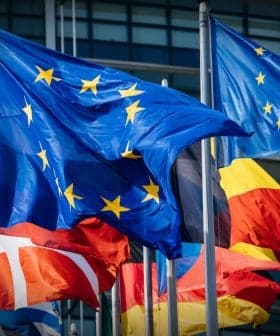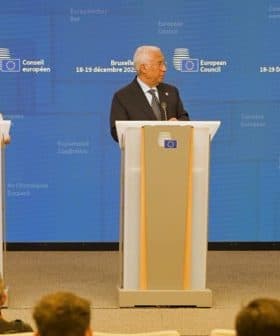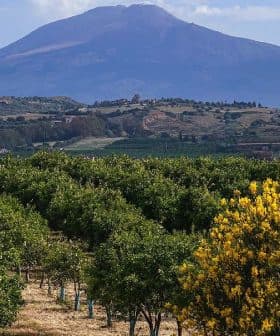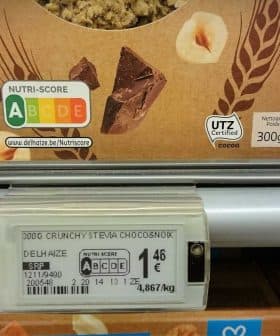Agreement Reached on New EU Organic Food Rules
After lengthy negotiations, EU negotiators have agreed on new rules for EU organic products.
European Union negotiators have agreed on new rules to boost organic production and consumer confidence in organic food in the EU, introducing stricter controls, compliance rules, and measures to avoid pesticide contamination. The regulations are expected to benefit consumers and farmers across the EU, with the new rules set to enter into force in July 2020 after more than three years of negotiations.
European Union negotiators have reached agreement on new rules aiming to boost organic production and increase consumer confidence in organic food products in the EU.
The proposed rules aim to improve consumer trust by introducing stricter controls of supply chains, changes to compliance rules and standards for imports and include new measures to avoid pesticide contamination.
The new rules are also expected to boost organic food production in the EU by increasing the supply of organic seeds and animals, allowing for mixed farms growing both organic and non-organic food on the condition that the two are kept separate, and establishing an easier organic certification procedure for small farmers.
In a EP press release Martin Häusling, the rapporteur responsible for the EP’s report on the proposal and chief EP negotiator, said that the newly approved rules will benefit consumers and farmers across the EU.
“After 20 months of negotiations we have managed to reach an agreement, which will help organic sector grow and will increase consumers’ trust in organic foodstuffs. It was a laborious task but I believe new rules will bring benefits to both EU consumers and organic farmers,” Häusling said.
The new regulation replaces the original, introduced in 1991 and subsequently revised in 1998 and 2007. The legislative proposal was first introduced by the European Commission in March 2014 but an agreement was reached only recently after more than three years of intense negotiations.
The European Commission, European Council and European Parliament (EP) provisionally agreed on the new rules on June 28. The proposed regulation still has to be formally endorsed by the EP’s Agriculture and Rural Development Committee and the Council of Agriculture Ministers and will enter into force from July 2020 in all EU member states.
The market for organic food in the EU has been growing steadily but according to an EP background note, only six percent of agricultural land in the EU is organically cultivated, and imports are required to meet market demands.
Denmark has the highest per-capita consumption of organic products according to 2013 figures, followed by Luxembourg, Austria, Sweden and Germany.
The value of the market for organic products in the EU was estimated at €22.2 billion ($25.4 billion) in 2013. The EU currently has 260,000 organic farmers, with the majority located in Italy (46,000), Spain (30,000) and Poland (26,000).
The EU organic logo was unveiled in 2010 to symbolize the harmonized rules applied across the EU member states and make organic products easily identifiable for consumers. The logo is mandatory for all pre-packaged organic products produced in the EU.









